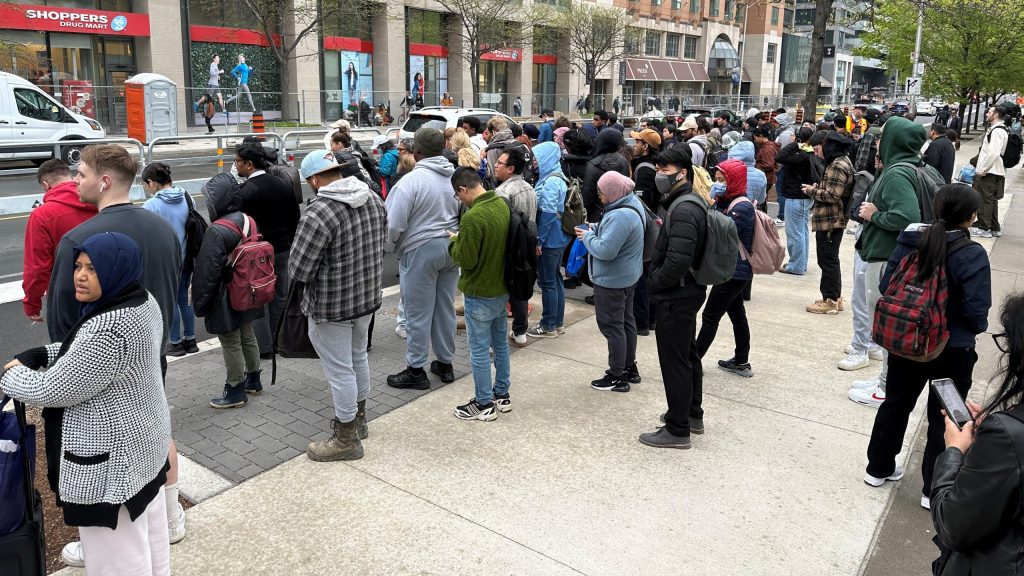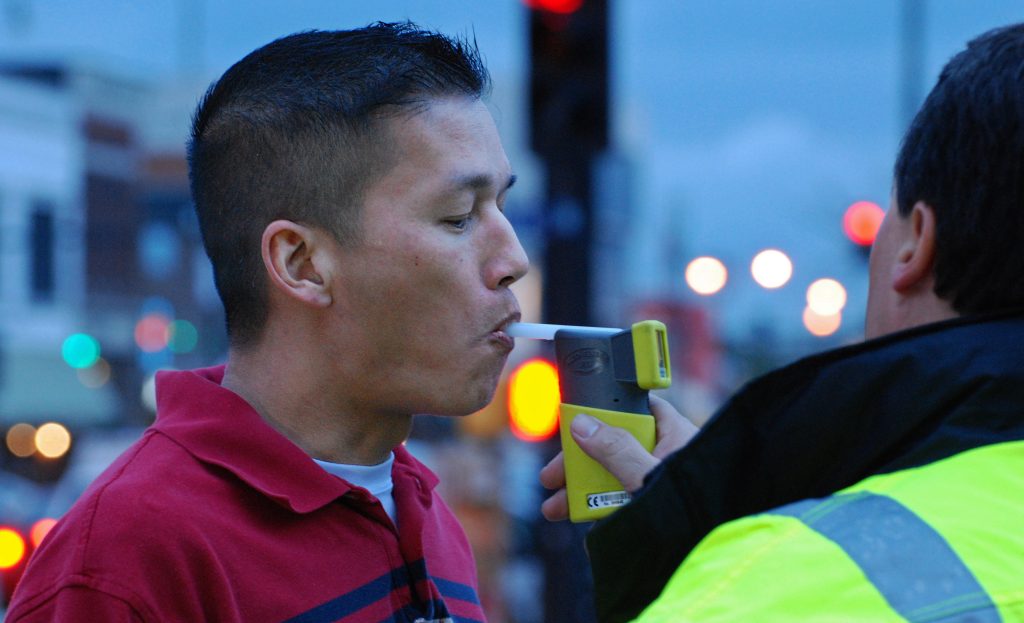Victims of Montreal massacre remembered
Posted December 6, 2013 12:02 pm.
This article is more than 5 years old.
The victims of the Montreal massacre were remembered at ceremonies in Toronto and across the country on Friday as Canada marked the annual day opposing violence against women.
On Dec. 6, 1989, 14 women were gunned down at the Ecole Polytechnique in Montreal. The shooter walked into a classroom at the school, separated the men from the women and then opened fire while making anti-women statements.
The 14 women killed in the Montreal massacre are Genevieve Bergeron, Nathalie Croteau, Anne-Marie Edward, Maryse Laganiere, Anne-Marie Lemay, Michele Richard, Annie Turcotte, Helene Colgan, Barbara Daigneaul, Maud Haviernick, Maryse LeClair, Sonia Pelletier, Annie St-Arneault and Barbara Klucznik-Widajewicz.
Shooter Marc Lepine wounded another nine women and four men before fatally shooting himself.
In 1991, the federal government designated Dec. 6 as the National Day of Remembrance and Action on Violence Against Women.
Across Canada, candlelight vigils were held to mark the 24th anniversary of the mass shooting.
On Thursday, students at York University held up battery-operated candles to remember the women. At the University of Toronto, there was a vigil at 6 p.m. on Friday on Philosopher’s Walk, near Bloor Street and Avenue Road.
Those attending were asked to bring a rose and a candle.
In Ottawa, MPs observed a minute’s silence before question period.
Prime Minister Stephen Harper issued a statement to mark the National Day of Remembrance and Action on Violence Against Women.
“On Dec. 6, 1989, the lives of 14 innocent and promising young female students were taken in a depraved act of violence at l’Ecole polytechnique de Montreal, simply because they were women,” Harper said.
“While we will never fully understand this atrocity, our government is committed to helping ensure that it does not happen again by making our streets and communities safe for women, girls and all Canadians.”
The YWCA says violence against women is the world’s largest and most persistent human rights violation, with over 50 per cent of Canadian women experiencing an incident at some point in their lives.
The organization started the “Rose Campaign” two years after the massacre, to reduce violence against women, increase public awareness and prevent violence before it starts.
In Quebec, the date marks the end of a 12-day campaign to eliminate violence against women. A vigil was held at the Montreal Courthouse.
The president of Quebec’s main women’s federation told the courthouse gathering the victims of the Ecole polytechnique cannot be allowed to fade into history.
“Twenty-four years later, what we’re doing is reminding society why they were killed and we’re looking at how much we’ve achieved,” said Alexa Conradi.
“Are we doing better today? Ultimately, we’re not doing as well as we’d like.
“There’s still tremendous amounts of violence against women.”
But Conradi said some things have improved over the years.
“Women are much quicker to denounce violence against women, which is great news . . . . There is a sense that women know they don’t have to go through it.”
Liberal Leader Justin Trudeau, who took part in the event outside the Montreal courthouse, said it is important to remember the 14 women who died in the “horrible tragedy.”
“We need to underline the passing of 14 extraordinary young women who were killed just because they were women,” he said.
With files from The Canadian Press










